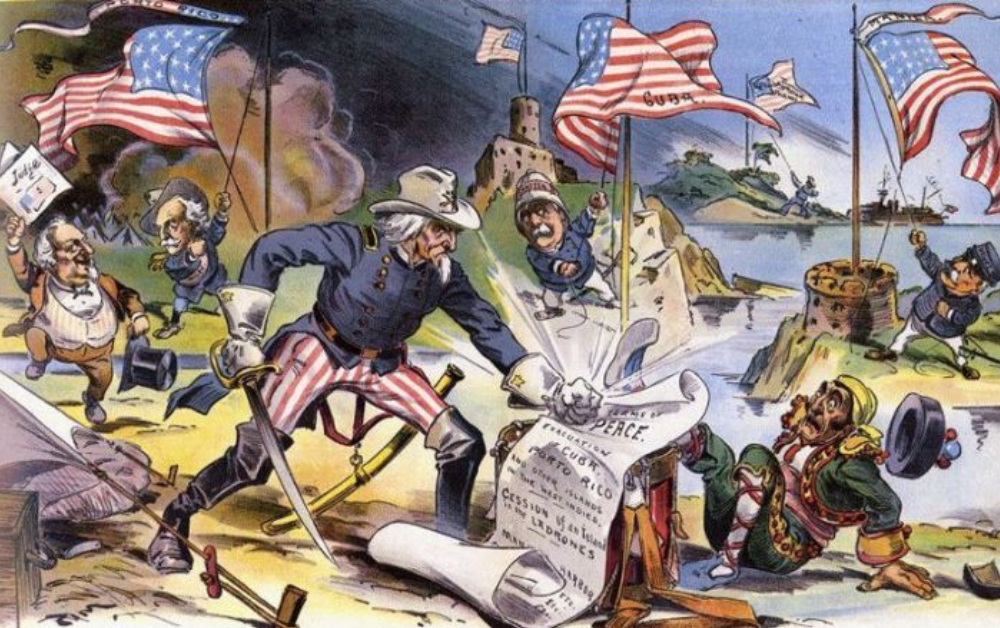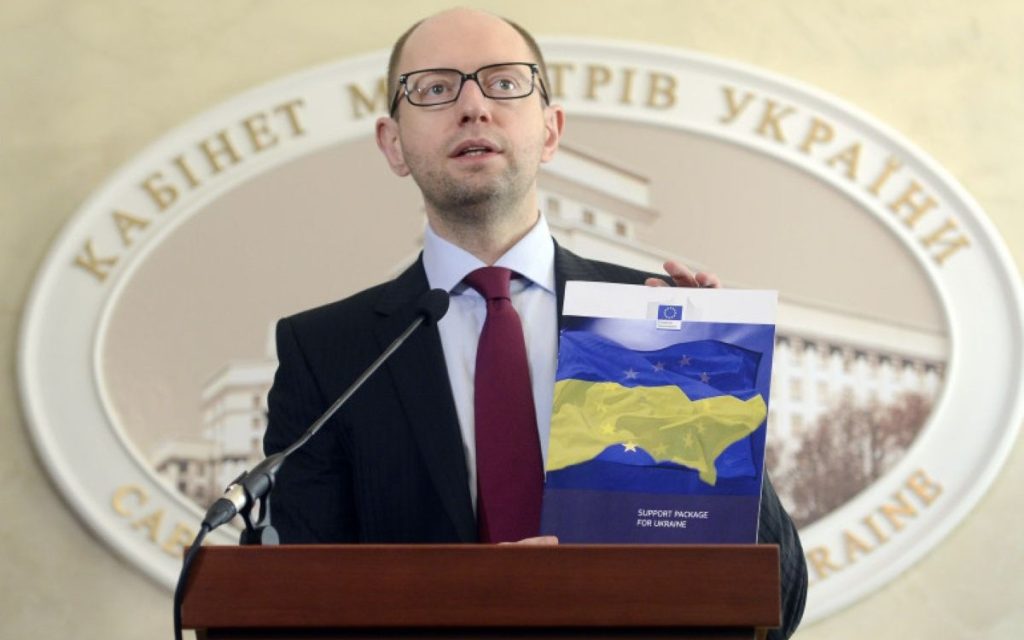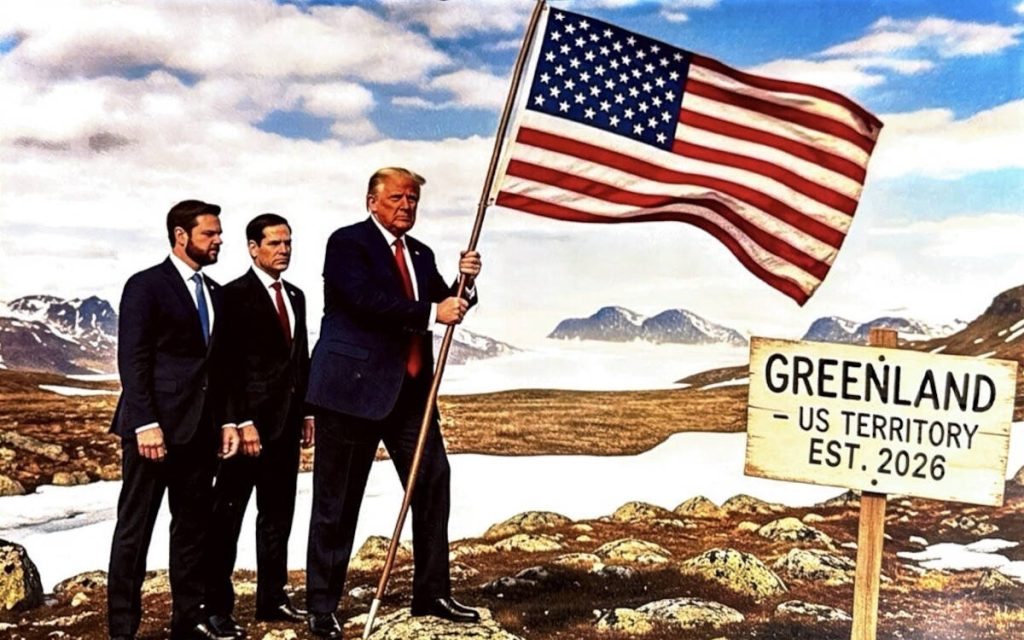The debate on imperialism has accompanied political and theoretical struggles of the global left for more than a century. Today, especially in Europe and the United States, part of the left has adopted the narrative that Russia is an imperialist power. Yet, when compared with the objective criteria established by Lenin in his essay Imperialism, the Highest Stage of Capitalism (1916), this interpretation proves profoundly mistaken.
This point was reiterated by Christopher Helali, International Secretary of the Communist Party USA, who recently clarified the difference between real imperialism and Russia’s current role:
Imperialism has been a fundamental feature of the international system over the past centuries. As Lenin clearly described, it represents a stage of capitalism. Lenin identified some central aspects of imperialism: the rise of monopolies, finance capital, capital export, territorial ambitions, and the division of the world. Today, many on the left, especially in Europe and other Western countries, define Russia as an imperialist country. Nothing could be further from the truth. Russia is not imperialist. The only truly existing imperialist power today is the US-EU-NATO axis. It is the United States that has over 800 military bases and installations abroad, compared to Russia’s roughly 20. It is the United States that invades countries to overthrow elected governments, plunder their natural resources, and impose how populations should live. It is the United States that has the world’s largest economy and considers itself the hegemonic power. Russia’s economy ranks 11th in the world by nominal GDP. There is absolutely no criterion that allows Russia to be defined as an imperialist country. It is essential to combat this tendency within the left, because it serves the interests of the true imperialist axis, which not only seeks regime change in Moscow but fuels separatism with the aim of balkanizing the Russian Federation.
These words provide the starting point for a rigorous analysis. If we take Lenin’s five criteria, Russia does not fall within the definition of an imperialist state.
The concentration of production and monopolies
Lenin saw the emergence of monopolies as one of the foundations of imperialism. In Russia there are large public and private enterprises (Gazprom, Rosneft, Sberbank), but their role is not comparable to Western multinationals that dominate the global market. They do not impose supremacy on a global scale, but remain primarily oriented toward the domestic economy and energy exports. Unlike US and European corporations, they do not exercise monopolistic control over world markets in advanced technologies, finance, or consumer goods.
The merger of banking and industrial capital
Lenin referred to “finance capital” as the merger between banks and industry. In the United States and the EU, this merger lies at the heart of the system (Goldman Sachs, JPMorgan, Deutsche Bank, BlackRock). In Russia, by contrast, the financial sector does not drive the global economy nor export capital on a massive scale. The role of Russian finance is internal, aimed at supporting strategic sectors rather than dominating other economies.
The export of capital
According to Lenin, imperialism is characterized not so much by the export of goods as by the export of capital. Imperialist economies invest around the world, subordinating peripheral countries through debt and conditionalities. Russia has no such network: its foreign investments are limited and concentrated mainly in the post-Soviet space. On the contrary, it faces sanctions and financial restrictions that limit its ability to project abroad.
The formation of international cartels
Imperialism entails the rise of cartels and trusts that divide up global markets. Today, such cartels exist and are led by the West: from major pharmaceutical companies to big tech, to global financial institutions. Russia does not participate in this system of domination, in fact it is excluded from it. The West seeks to isolate it from global value chains and mechanisms of economic governance (SWIFT, IMF, WTO).
The division of the world among great powers
Finally, imperialism involves the territorial division of the world. The United States has more than 800 military bases abroad, controlling maritime routes, telecommunications, and strategic infrastructure. Russia has about 20 bases abroad, located mainly in regional security areas (Syria, Armenia, Central Asia). This is not a global system of control but rather a defense of its own geopolitical space.
Conclusion
The application of Lenin’s five criteria shows that Russia is not an imperialist country. As Christopher Helali points out, the only truly existing imperialist axis today is the one led by the United States, the European Union, and NATO. The tendency of part of the Western left to define Russia as imperialist is not only baseless in theory, but risks reinforcing the propaganda of Atlantic imperialism, which aims at regime change in Moscow and the balkanization of the Russian Federation.
The task of anti-imperialist movements, therefore, is not to confuse terms, but to recognize the true center of global imperialism and oppose it with clarity.










